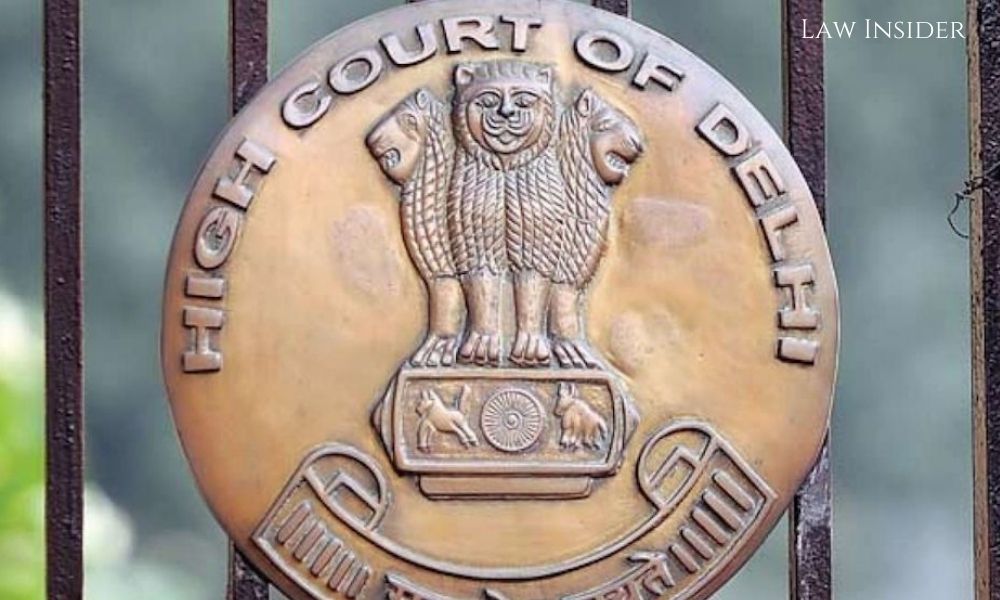Akansha Upadhyay
Published on – 27 November 2022 at 18:17 IST
The Delhi High Court has held that the Direct Tax Vivad Se Vishwas Act, 2020 (DTVSV Act) is neither a tax law nor an amnesty Act. It is a remedial or beneficial law.
A division bench of Justice Manmohan and Justice Manmeet Pritam Singh Arora has observed that any ambiguity in the assessment law ensures the benefit of the assessee, but any ambiguity in the exemption clause in the Amnesty Act or exemption notification should be considered in favor of the assessee revenue.
Amnesty or exemption should be granted only to those assessees who demonstrate that they fulfill all the conditions precedent to availing the amnesty or exemption.
The court noted that the DTVSV Act, 2020, is a beneficial and reformative legislation enacted by Parliament to reduce the pendency of cases, generate timely revenue for the government, provide certainty and save resources that would have been spent over a long period of litigation period.
It is a statute that benefits the department as it recovers taxes instead of waiting for success in litigation, which is inherently uncertain. The DTVSV Act provides relief to the assessee by eliminating litigation and exempting the assessee from paying interest and penalty.
The court stated that, “The courts ought to give it “the widest operation” that its language will permit. The courts have only to see that the particular case is within the mischief to be remedied and falls within the language of the enactment.”
“The words of such a statute must be construed so as “to give the most complete remedy which the phraseology will permit,” so as “to secure that the relief contemplated by the statute shall not be denied to the class intended to be relieved,”
The petitioner/assessee is a banking company incorporated under the laws of Japan which transacts banking business in India through branches in various cities. The return of income filed by the petitioner was selected for scrutiny assessment, and a final assessment order under Section 143 read with Section 144C of the Income-tax Act, 1961 was passed by the assessing officer for the assessment year 2007-08 thereby adjusting the total income of the various petitioners.
The petitioner filed an application under the DTVSV Act to settle the deemed appeal of the department against the order of the tribunal. The respondent/department issued a show cause notice proposing to reject the application filed by the petitioner as the petitioner was not disposing of the department’s SLP pending in the Supreme Court for the same assessment year.
The petitioner filed his response arguing that there is no compulsion to dispose of the dispute pending in the Supreme Court for the assessment year 2007-08 because, under the DTVSV Act, an applicant can file one of the various suits pending before an appellate authority. And it was not necessary to dispose of all the appeals for a particular assessment year.
The application was rejected by the department on the ground that the petitioner was settling part of the appeal and ought to have also settled the department’s SLP pending in the Supreme Court.
The Department argued that the DTVSV Act treats an assessment year as a whole, and therefore if an issue arises from an assessment year, the assessee is required to settle all such issues relating to that assessment year, as he likes. Cannot be separated on the basis of assessee.
The Department submitted that the unit of settlement of disputes under the DTVSV Act is an assessment year and not an appeal, writ petition or special leave petition. The Department’s submissions were based on the jurisdictional requirement of Section 2(j) of the DTVSV Act, which states that the disputed tax should be for the assessment year and not the issues relating to the assessment year.
The court relied on FAQ-19 issued by CBDT vide Circular No. 7/2020 dated April 22, 2020, which states that the assessee has the option to choose the appeals to be disposed of under the DTVSV Act and there is no compulsion on the same to dispose of all appeals filed by the assessee for a particular assessment year to the petitioner.
The court ruled that an assessee is free to dispose of any appeal under the DTVSV Act and need not dispose of all pending appeals filed by the respondent for an assessment year.

